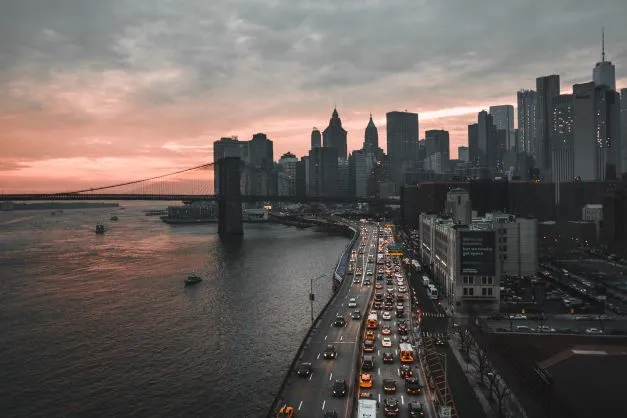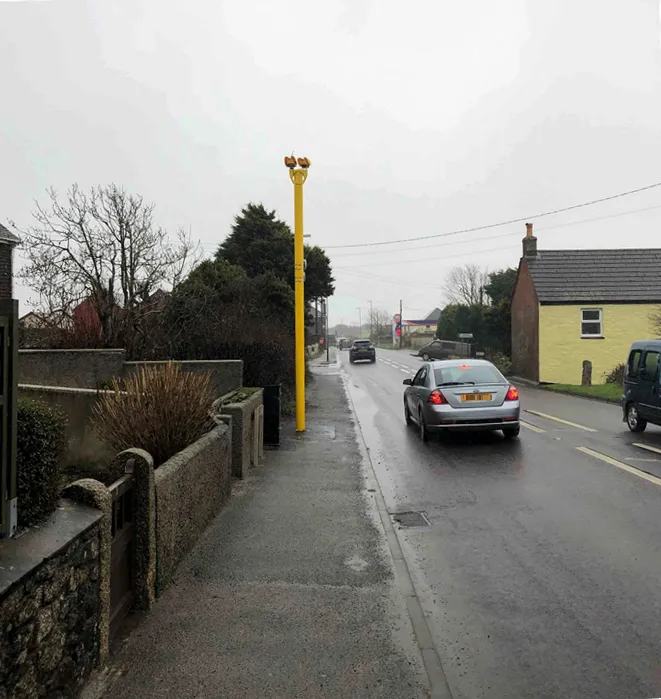A report released this week by road safety charity Brake and Direct Line has revealed that nearly half of UK drivers (49 per cent) admit to breaking traffic laws.
Of those, half say they do so through inattention, while the other half admit to doing so deliberately, because they think they can get away with it or do not agree with the laws.
When asked what unsafe driving behaviour they witnessed most, 71 per cent cited distraction such as from mobile phones, followed by tailgating speeding (67 per ce
April 29, 2015
Read time: 2 mins
RSSA report released this week by road safety charity 4235 Brake and 4236 Direct Line has revealed that nearly half of UK drivers (49 per cent) admit to breaking traffic laws.
Of those, half say they do so through inattention, while the other half admit to doing so deliberately, because they think they can get away with it or do not agree with the laws.
When asked what unsafe driving behaviour they witnessed most, 71 per cent cited distraction such as from mobile phones, followed by tailgating speeding (67 per cent) and risky overtaking (66 per cent) topped the list of UK drivers’ concerns.
Julie Townsend, deputy chief executive, Brake, said: “As these figures make clear, law breaking on our roads is not just down to a minority but endemic. For whatever reason, many seem to feel they are beyond the law or that traffic laws are somehow optional. This represents a failure by government to ensure traffic policing is receiving adequate priority and to make clear the importance and legitimacy of traffic laws.
“Whoever takes power after 7 May needs to make traffic policing a national policing priority, to ensure there is a strong deterrent against risky law-breaking on roads.”
Of those, half say they do so through inattention, while the other half admit to doing so deliberately, because they think they can get away with it or do not agree with the laws.
When asked what unsafe driving behaviour they witnessed most, 71 per cent cited distraction such as from mobile phones, followed by tailgating speeding (67 per cent) and risky overtaking (66 per cent) topped the list of UK drivers’ concerns.
Julie Townsend, deputy chief executive, Brake, said: “As these figures make clear, law breaking on our roads is not just down to a minority but endemic. For whatever reason, many seem to feel they are beyond the law or that traffic laws are somehow optional. This represents a failure by government to ensure traffic policing is receiving adequate priority and to make clear the importance and legitimacy of traffic laws.
“Whoever takes power after 7 May needs to make traffic policing a national policing priority, to ensure there is a strong deterrent against risky law-breaking on roads.”








